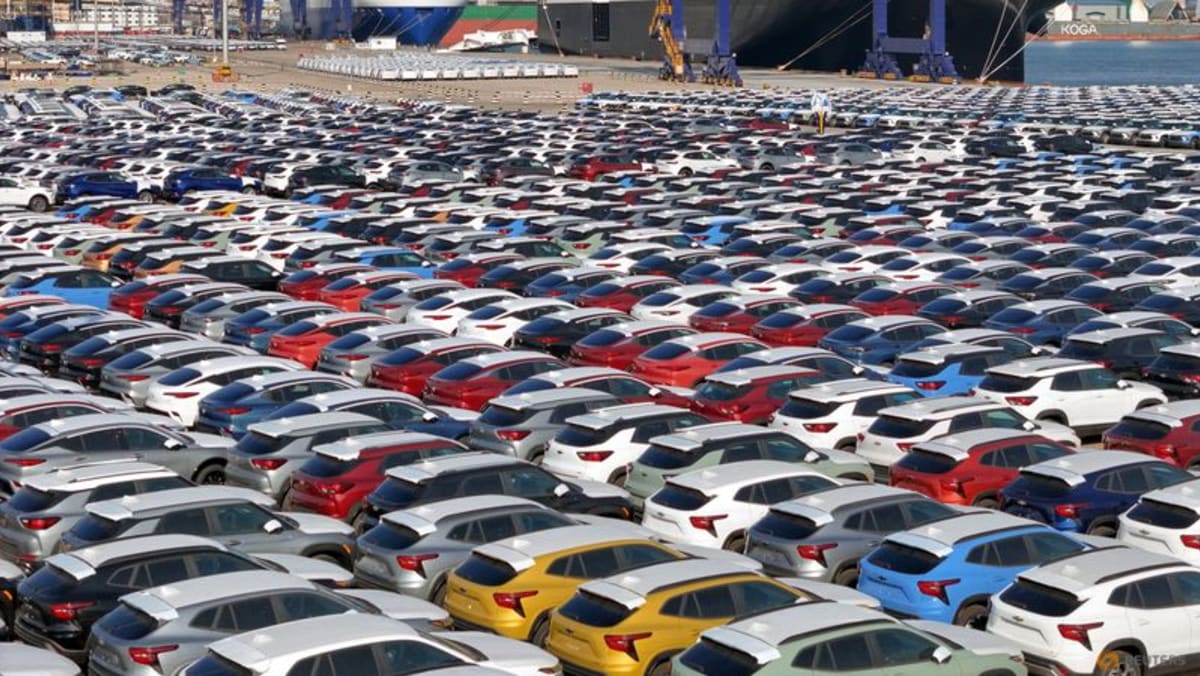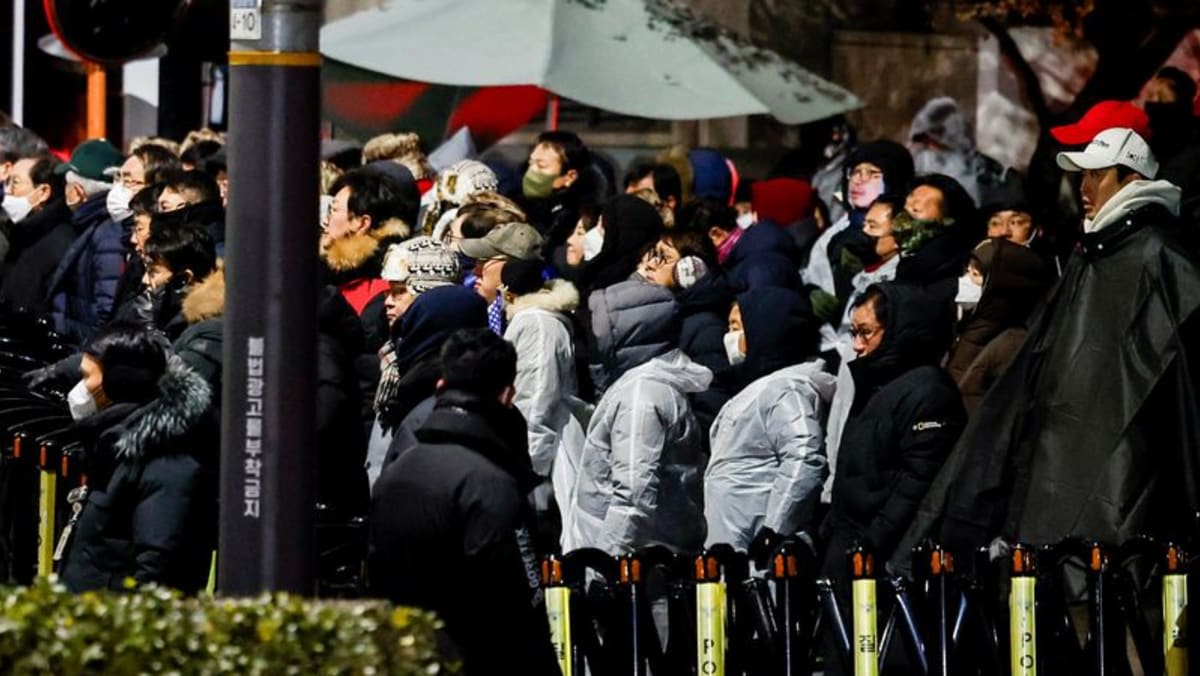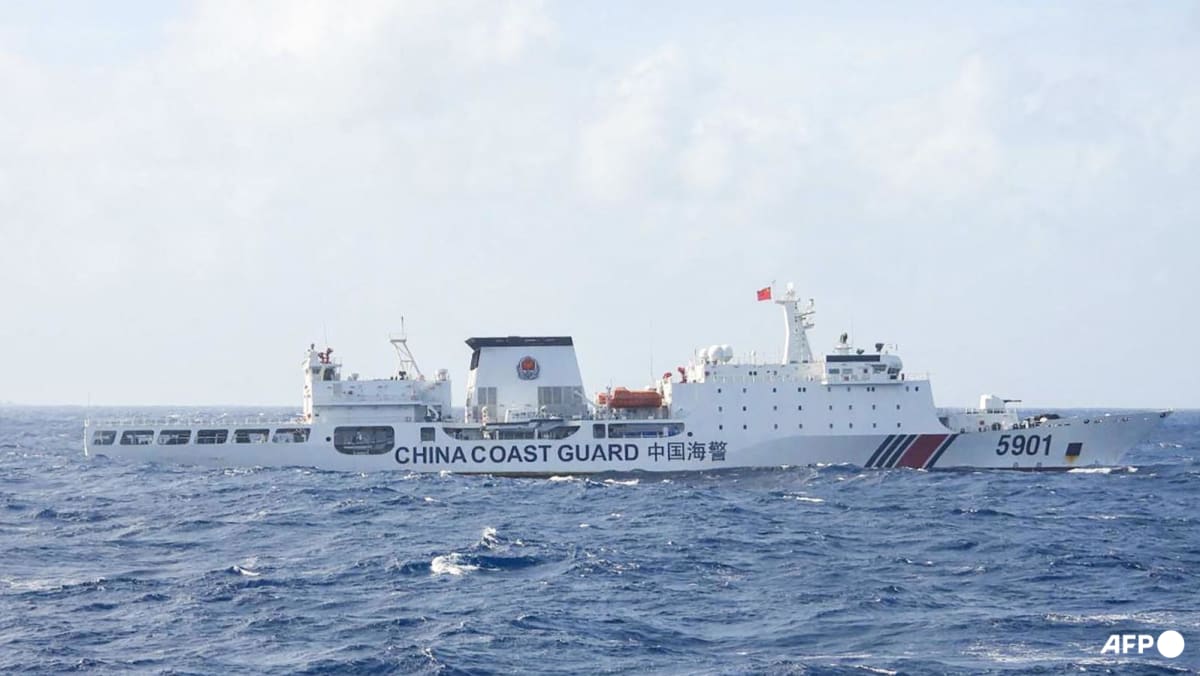Is Southeast Asia becoming a dumping ground for Chinese goods? As exports flow in, the stakes get higher

SINGAPORE: China’s export engines are fired up with Southeast Asia firmly in the front view, a focus which analysts say is only set to heighten as Chinese products lose their lustre in the West amid intensifying geopolitical tensions and a Trump 2.0 presidency in the United States.
This means the perks and pitfalls for the region will become more pronounced, driving home the growing need for countries to coordinate a response to Beijing as they work to balance the scales, observers note.
On the one hand, consumers in Southeast Asian nations gain as they enjoy the variety and relative affordability of Chinese goods. But on the other hand, local industries face an increasingly fraught landscape.
“Struggling to match these low prices, local businesses are witnessing eroding profit margins, plant closures, and widespread job losses,” noted Doris Liew, an economist and assistant research manager at the Malaysian think tank the Institute for Democracy and Economic Affairs (IDEAS).
“Southeast Asia is grappling with the ripple effects of China’s export glut, a challenge that extends beyond the region.”
As some Southeast Asian states mull countermeasures such as anti-dumping tariffs, analysts say the crux is whether they can work together to navigate the landscape, especially considering their varying stages of development and differing needs.
“The reality is that the consequences are wildly different for individual industries … a single cross-region or even cross-industry outcome is therefore unlikely,” Diana Choyleva, chief economist at Enodo Economics, told CNA.
FIRING UP THE EXPORT ENGINES
China’s export engine has been firing on multiple cylinders as its domestic economy struggles with a cooling property sector and tepid consumer demand. Exports make up around 20 per cent of the country’s gross domestic product (GDP).
Exports in 2024 grew 7.1 per cent year-on-year to 25.45 trillion yuan (US$3.47 trillion), exceeding 25 trillion yuan for the first time, according to China customs data released on Monday (Jan 13).
“China consolidated its position as the world’s largest trading nation in goods,” said Wang Lingjun, deputy head of the General Administration of Customs, at a press conference on Monday.
Source: CNA















